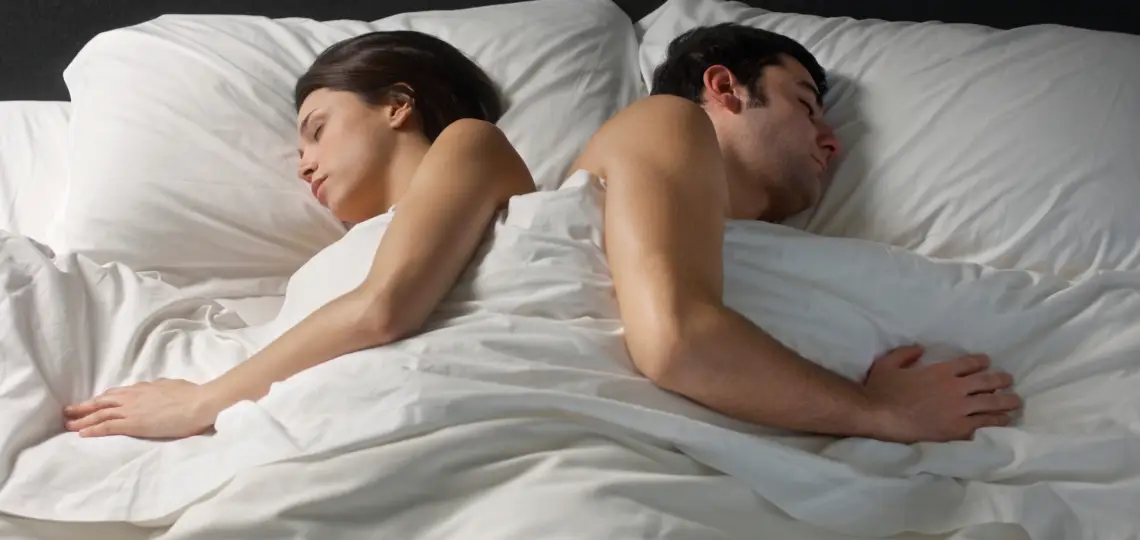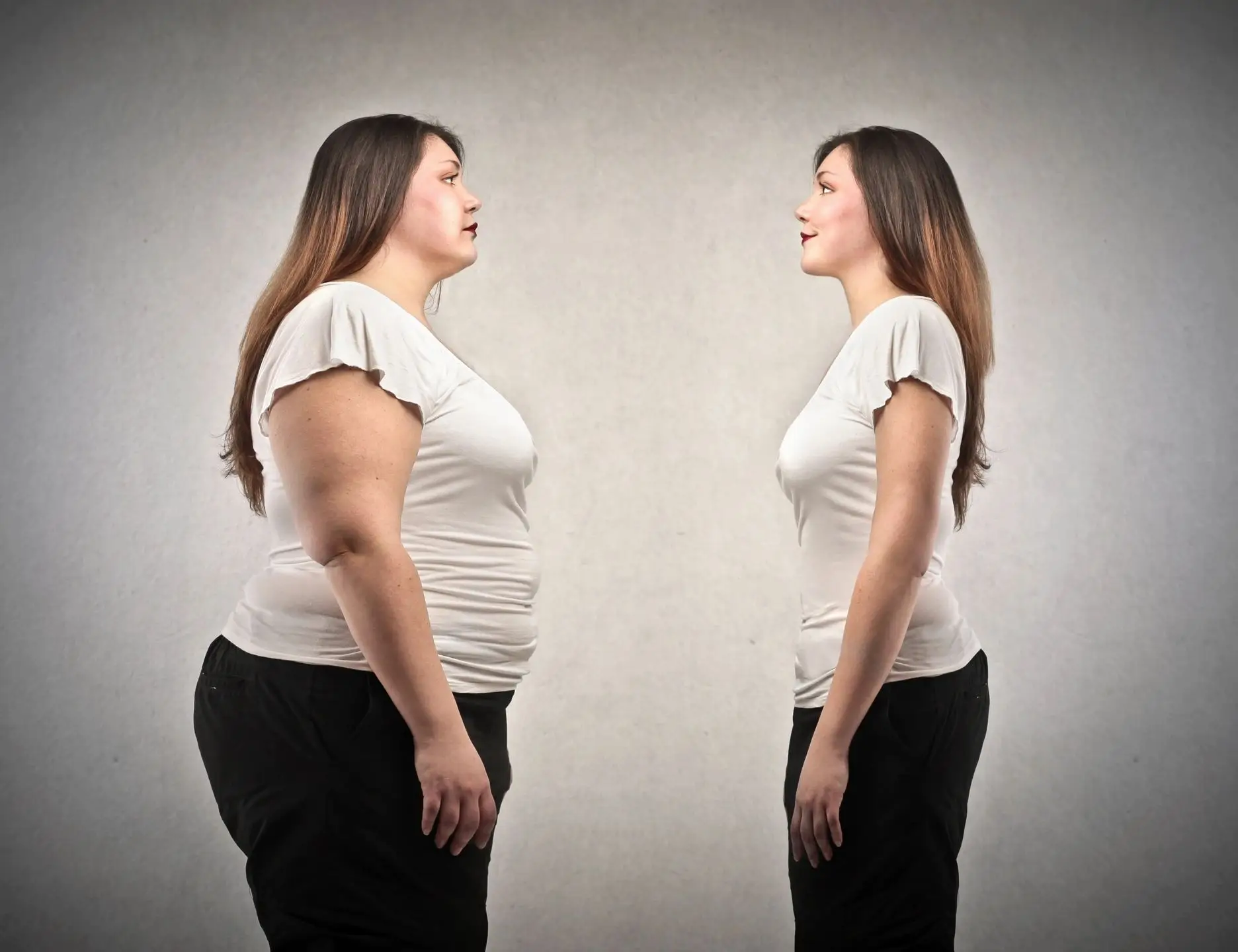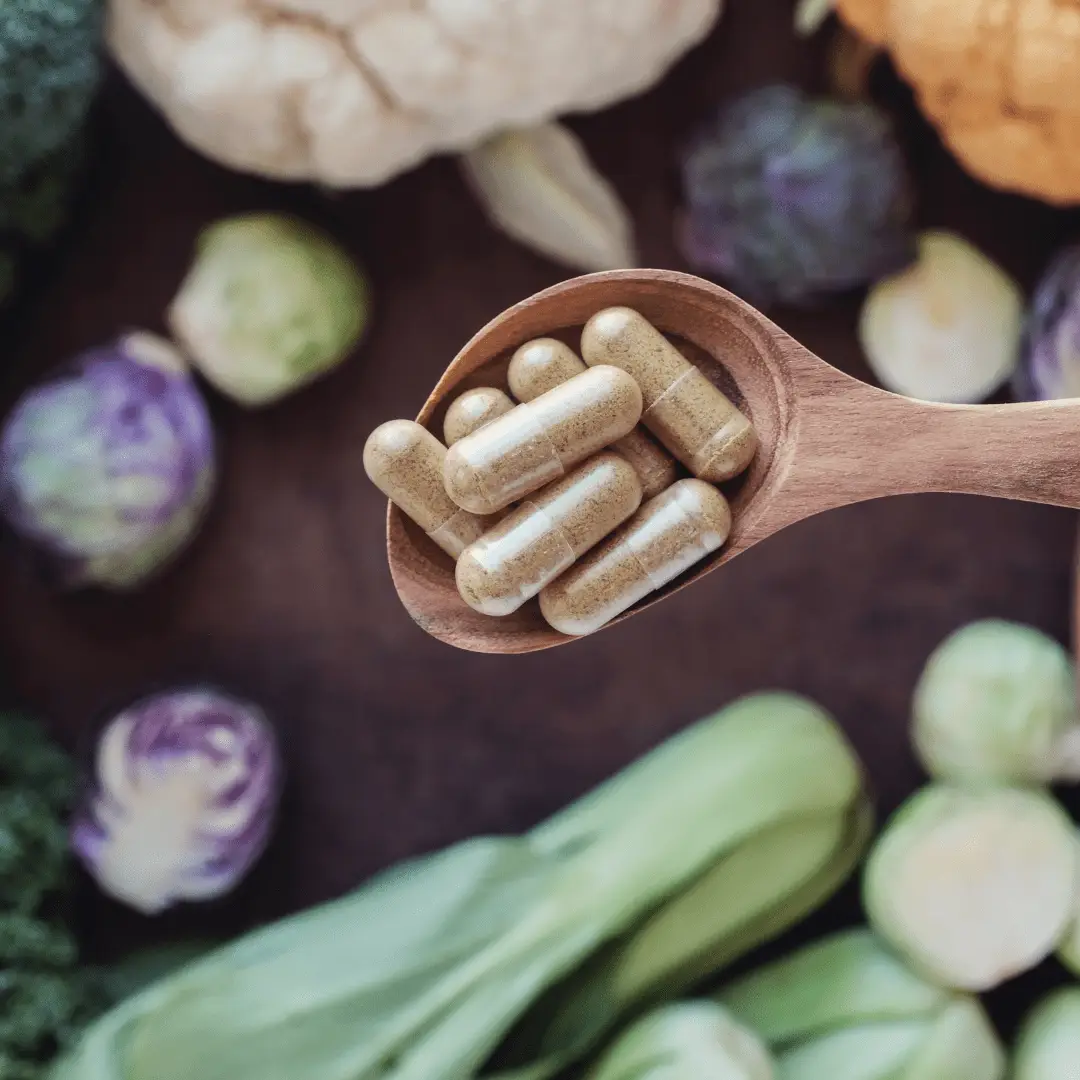Midlife brings significant changes for women, with low libido and vaginal dryness being common yet often under-discussed concerns. These issues can be perplexing and distressing, affecting quality of life and intimate relationships. Understanding the causes and connections, while exploring effective solutions, can empower women to regain their sexual health and overall well-being.
The Vaginal Dryness and Low Libido Connection
Hormonal changes are a primary contributor, particularly around menopause when levels of estrogen and progesterone decline. This hormonal shift can not only affect vaginal dryness, but can also affects mood, energy levels, and sexual desire. Low libido, or reduced sexual desire, can be influenced by a myriad of factors in midlife, including vaginal dryness. However, libido is also influenced by a range of physical, psychological, and relational factors, including:
- Stress and fatigue: The demands of career, family, or caregiving responsibilities can lead to exhaustion and decreased interest in sexual activity.
- Psychological factors: Depression, anxiety, or low self-esteem can negatively impact sexual desire.
- Physical health issues: Chronic health conditions like diabetes, thyroid disorders, or cardiovascular problems can affect libido.
- Medications: Certain medications, including antidepressants and blood pressure drugs, can reduce sexual desire.
Vaginal Dryness Solutions
Vaginal dryness is another common issue for midlife women, often related to decreased estrogen levels. It can lead to discomfort during sex, itching, and irritation, which may further impact libido. Addressing vaginal dryness involves both medical and lifestyle approaches:
- Lubricants and moisturizers: Over-the-counter vaginal lubricants can alleviate dryness during sexual activity, while vaginal moisturizers can provide longer-term relief.
- Hormonal treatments: Local estrogen therapy in the form of creams, rings, or tablets can effectively treat vaginal dryness by restoring tissue health. Be sure to talk to your doctor about the benefits and risks associated with hormonal treatments.
- Lifestyle modifications: Staying hydrated, avoiding irritant soaps or douches, and maintaining a healthy diet can support vaginal health.
Strategies to Reduce Vaginal Dryness and Enhance Libido
Improving libido and managing vaginal dryness in midlife requires a holistic approach, considering both physical and emotional well-being:
- Open communication: Discussing sexual health issues with partners can foster understanding and mutual support.
- Regular exercise: Physical activity can boost energy levels, improve mood, and enhance sexual desire.
- Stress management: Techniques like yoga, meditation, or counseling can help manage stress and improve emotional well-being.
- Medical consultation: It’s crucial to consult healthcare providers to explore underlying medical causes and appropriate treatments for low libido and vaginal dryness.
Midlife can be a time of transition and adjustment, but it also presents an opportunity to rediscover sexuality and intimacy. Women can explore new dimensions of their sexual lives, focusing on quality of experiences rather than frequency. It’s essential to prioritize self-care, seek professional advice, and maintain open lines of communication with partners.
Understanding the interplay of factors affecting vaginal dryness and libido, and addressing these proactively, can lead to a fulfilling sexual experience in midlife. With the right support and resources, women can navigate these changes confidently and enjoy a healthy, satisfying sex life.
Want to explore your sexual desire and the quality of your sexual function? Book a Wellness Audit with Coach Carla.





